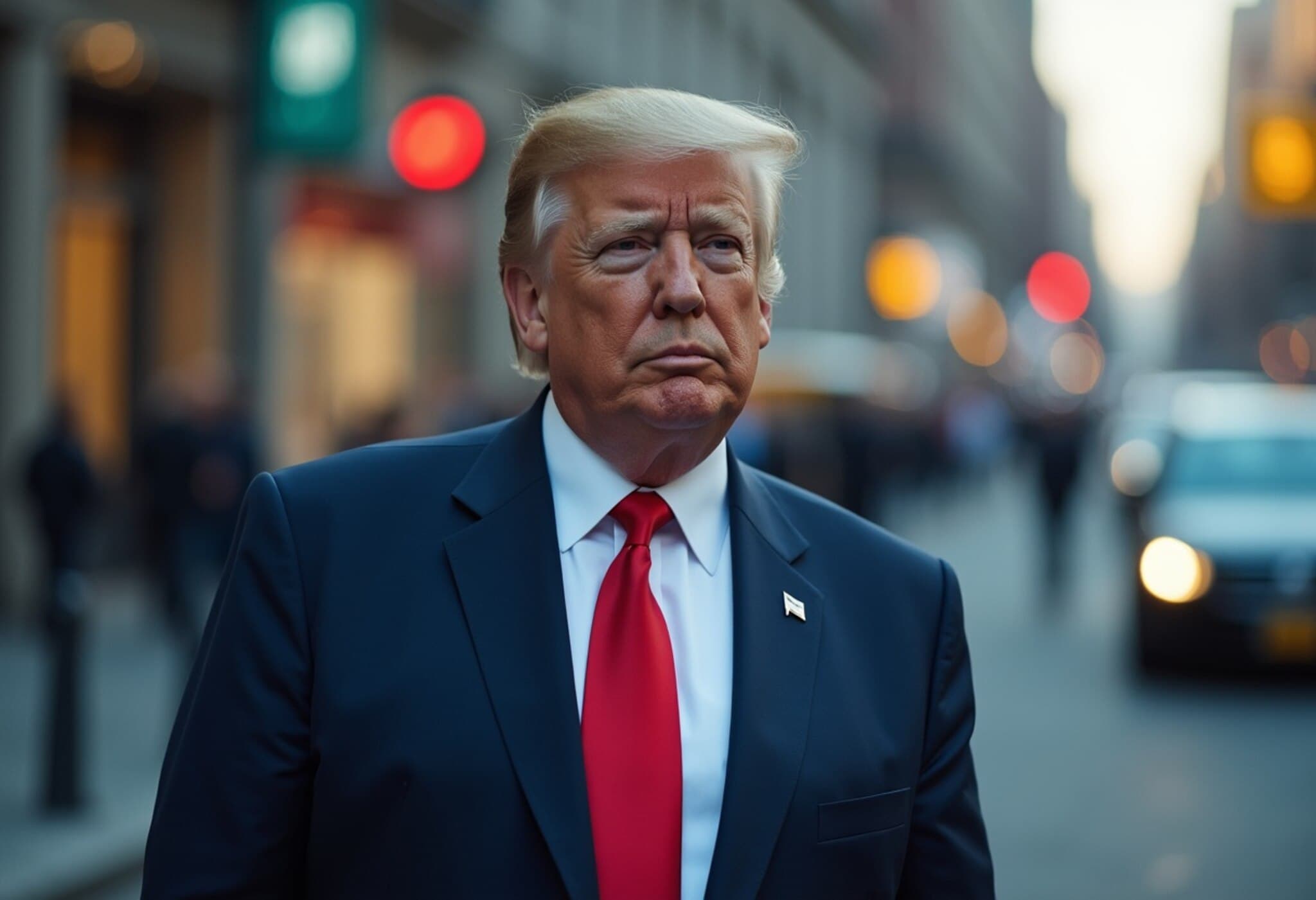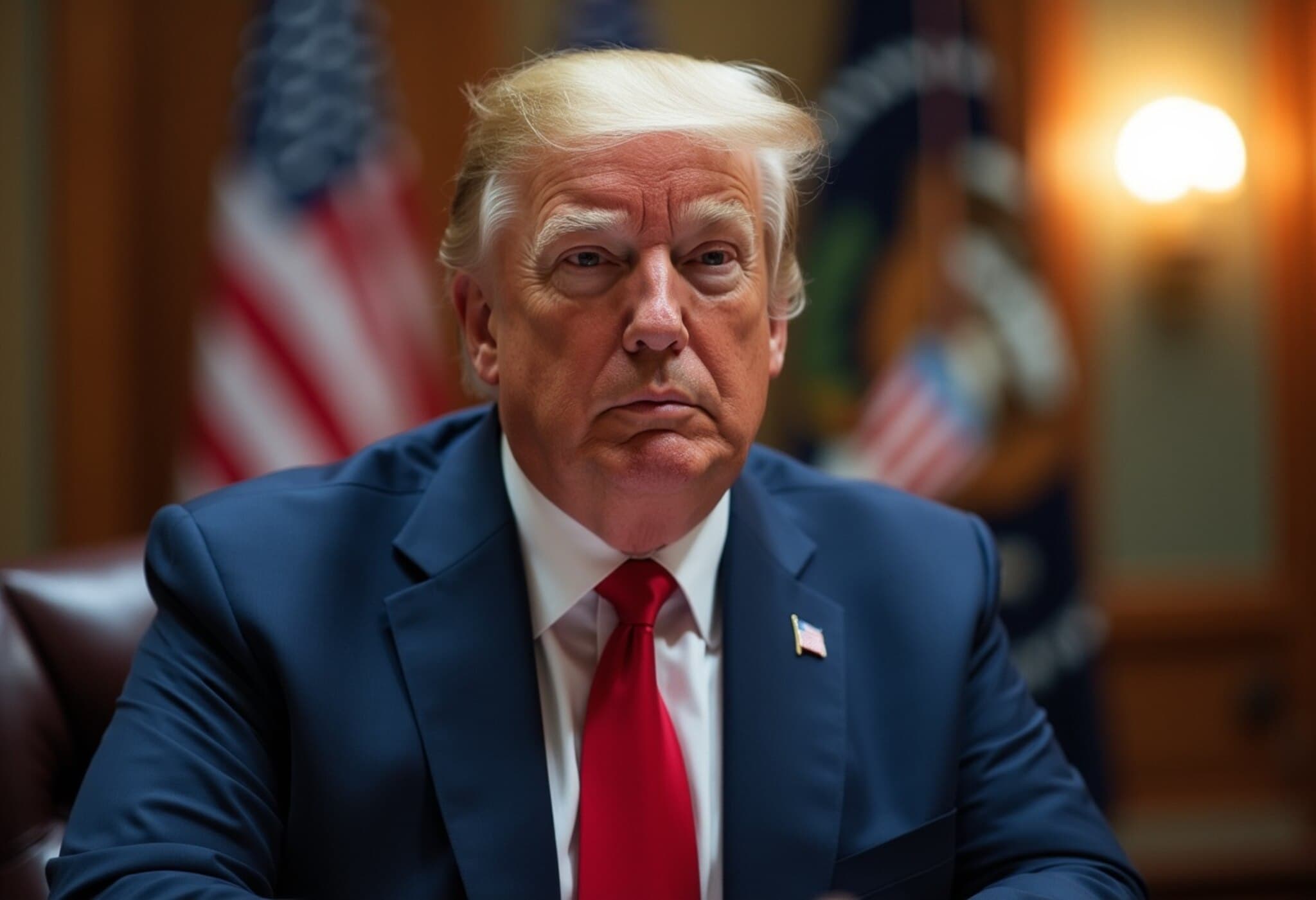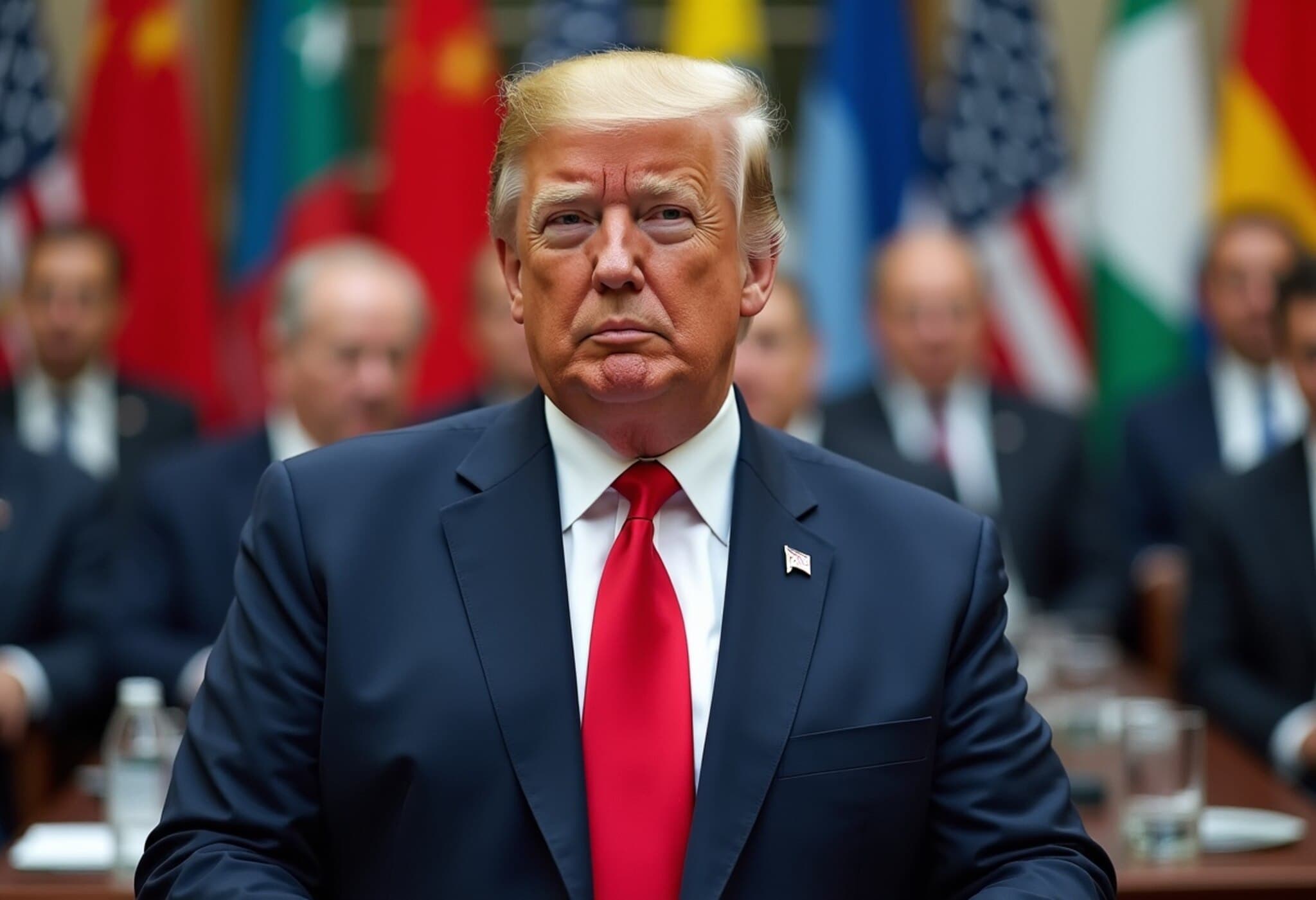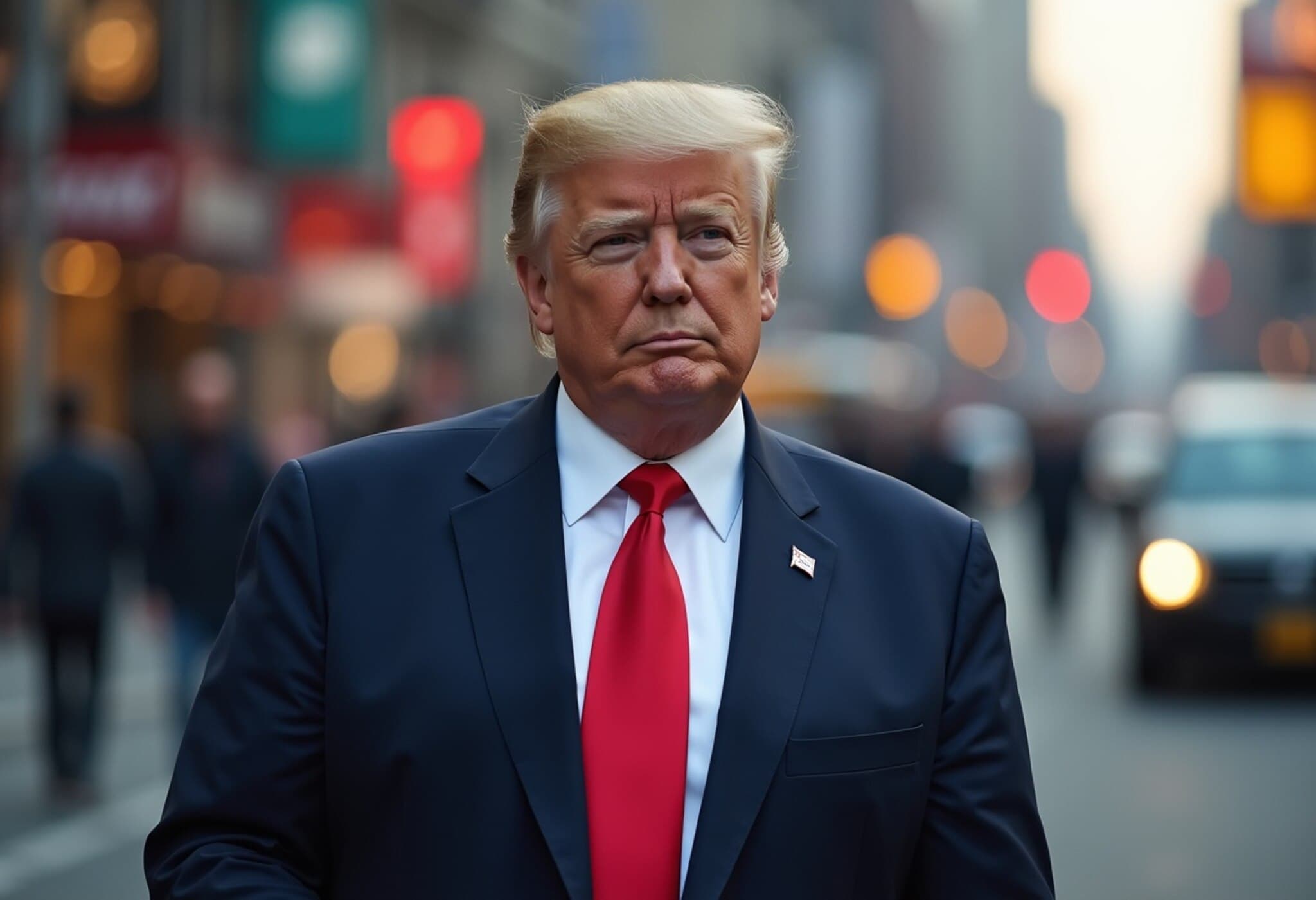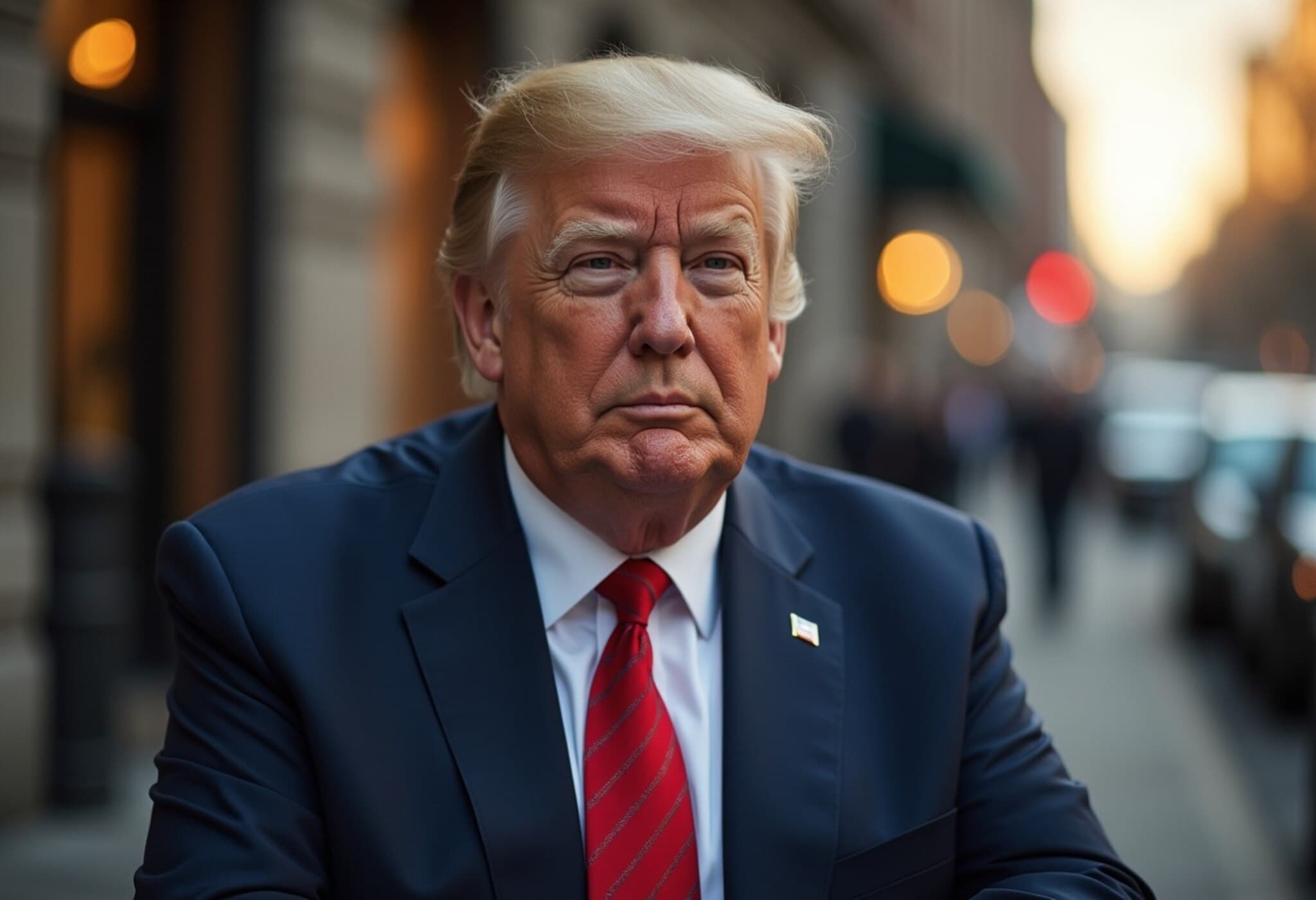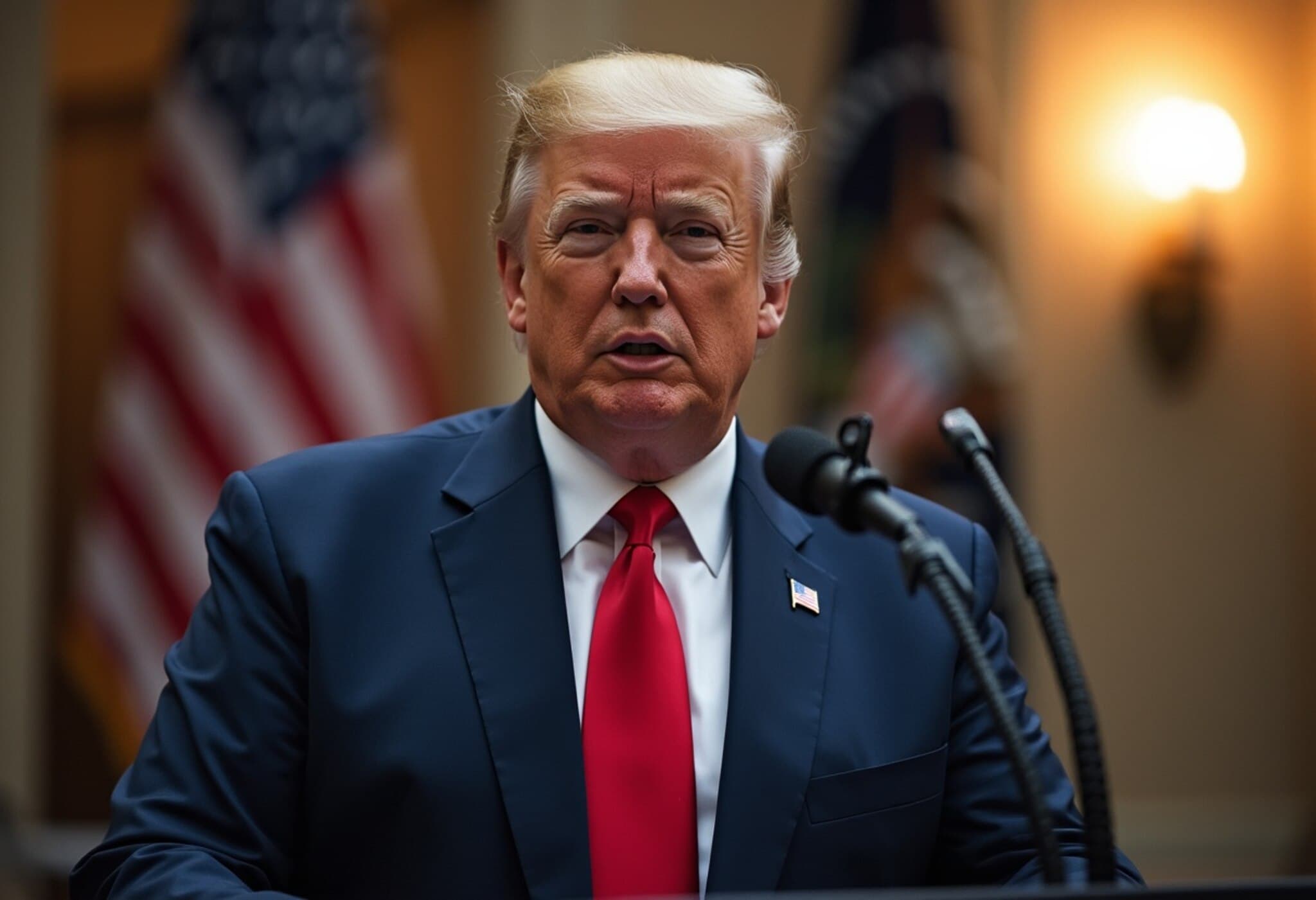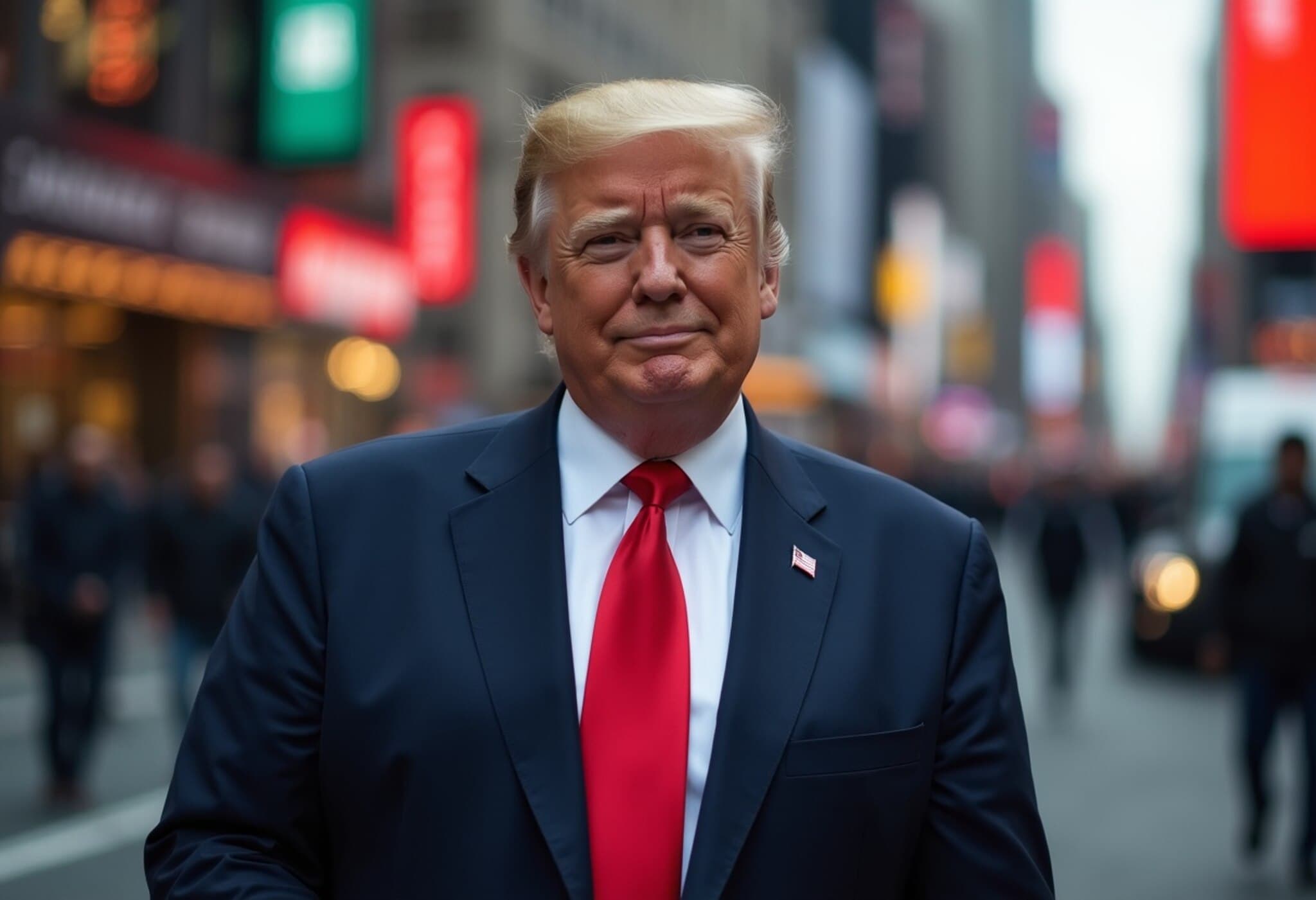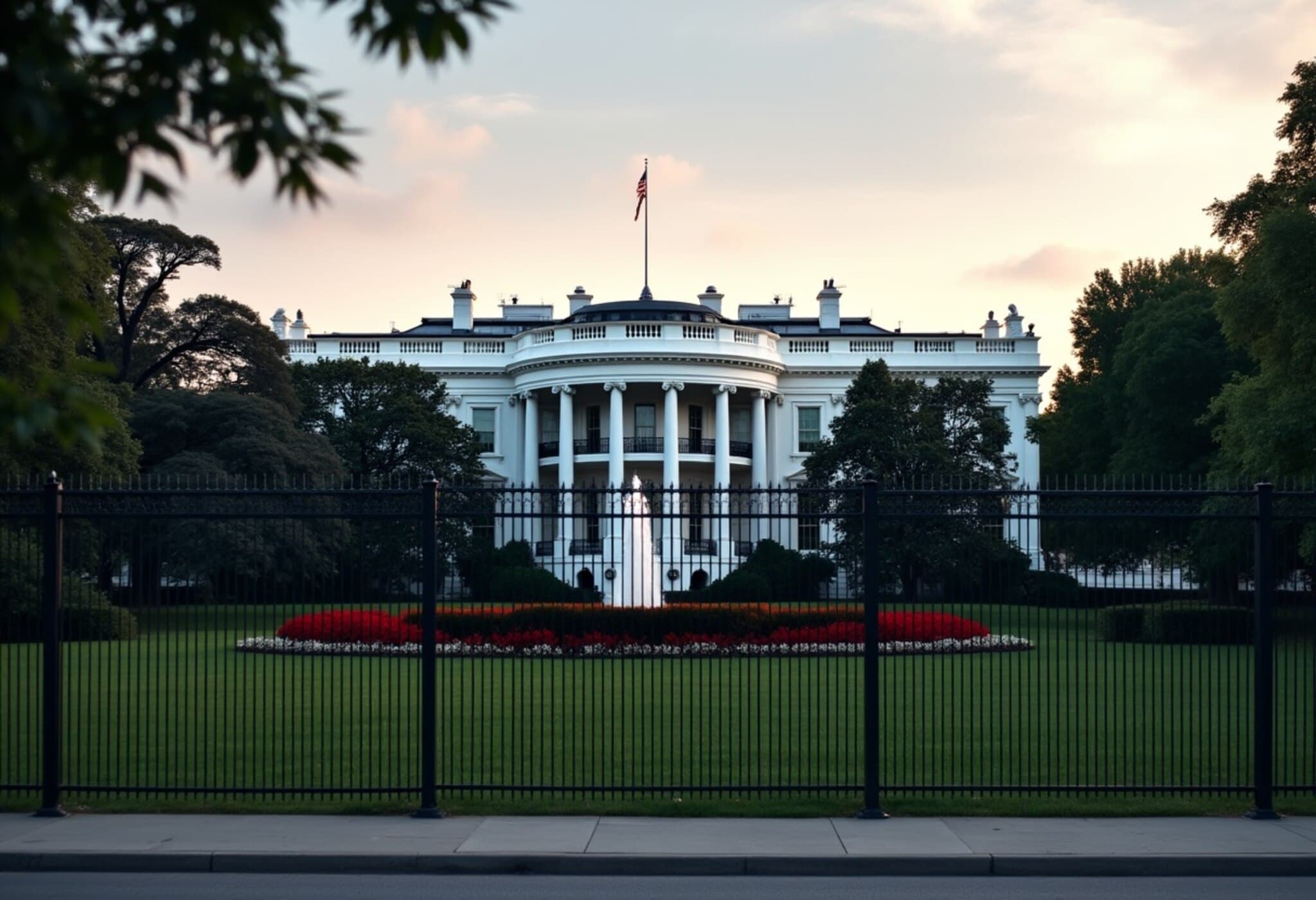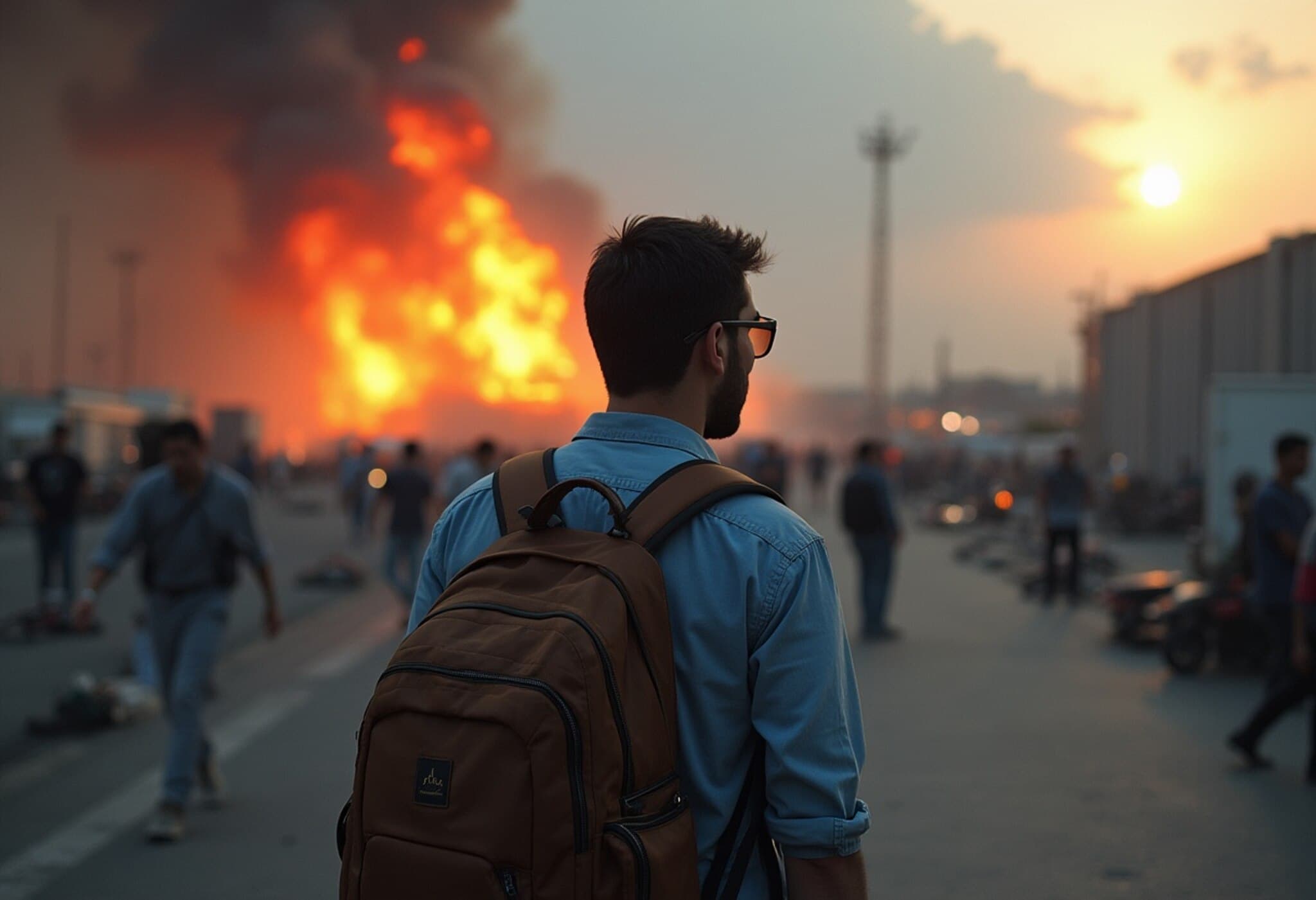Trump Threatens Up to 200% Tariffs on Pharmaceuticals by August
In a development that could ripple across global markets and American consumers alike, former President Donald Trump has indicated plans to impose significant new tariffs on pharmaceutical imports starting as early as the end of July 2025. Speaking to reporters while returning from an artificial intelligence summit, Trump warned that these tariffs could eventually escalate to as high as 200 percent, sending shockwaves through an industry vital to both public health and the economy.
Details on Tariff Rollout and Grace Period
According to Trump, tariffs will initially start at a lower rate to provide drug manufacturers roughly one year to shift production back to the United States — a move aimed at revitalizing domestic pharmaceutical manufacturing and reducing reliance on foreign imports. After this grace period, he emphasized that the tariffs would become "very high," exerting pressure on companies to comply or face steep import taxes.
Similarly, Trump mentioned a "similar but less complicated" timeline for tariffs on semiconductors, although he refrained from disclosing precise figures or schedules.
Context: National Security and Economic Strategy
These potential tariffs have their roots in investigations conducted under Section 232 of the Trade Expansion Act of 1962, a legal framework that allows tariffs to be imposed if imports threaten U.S. national security. Trump has argued that a flood of foreign pharmaceutical products, many sourced from countries including India, poses risks—both economic and strategic—that justify aggressive trade measures.
While some trading partners might be spared or given tailored tariff rates, Trump publicly singled out India and a few others as key targets but asserted he was “very happy with the letters,” referring to tariff notifications sent to affected countries.
Impact on Major Companies and Consumers
The proposed tariffs stand to impact pharmaceutical giants like Eli Lilly & Co., Merck & Co., and Pfizer Inc., all of whom maintain substantial overseas manufacturing operations. Higher import costs could translate into increased drug prices, raising concerns over affordability and access for American patients.
On the semiconductor front, tariffs threaten not only chip producers but also consumer electronics manufacturers such as Apple Inc. and Samsung Electronics Co Ltd. Given the critical role semiconductors play in everything from smartphones to automobiles, these tariffs risk amplifying existing supply chain strains and inflationary pressures.
Trade Diplomacy and Negotiations Ahead
Despite his tough tariffs stance, Trump has engaged in a negotiation strategy combining unilateral tariff impositions via official letters and dialogue with several trading partners. Recently, he successfully revised Indonesia’s tariff from 32% down to 19% after securing commitments for $15 billion in U.S. energy purchases and substantial agricultural exports.
Looking ahead to the August 1st deadline, Trump anticipates closing "two or three" trade deals, with India featuring prominently among the conversations. However, his approach appears pragmatic: for some countries, it’s about dictating a standard tariff around "a little over 10 percent" rather than hashing out complex deals.
Responses from global allies vary considerably. South Korea has shown openness to trade adjustments in light of the tariffs, while countries like Japan have remained resistant. The European Union faces a looming 30% tariff and is gearing up for negotiations with U.S. officials.
Secondary Tariffs and Wider Geopolitical Risks
Adding further layers of complexity, Trump has threatened "secondary" tariffs targeting Russian trading partners should Moscow fail to agree to a ceasefire in Ukraine. Experts warn this could further disrupt global energy markets and raise costs for U.S. consumers, yet Trump dismissed these concerns, optimistically stating, "I don’t think so. I think that whole thing is going to go away."
Expert Insights and Broader Implications
From a policy perspective, Trump’s aggressive tariff strategy illustrates a broader push to assert economic sovereignty and national security amid intensifying global competition. However, the potential repercussions are multifaceted:
- Domestic Industry Boost vs. Consumer Prices: While tariff-driven reshoring may enhance U.S. manufacturing resilience, the consequent price hikes could squeeze consumers and healthcare systems.
- Supply Chain Disruptions: Semiconductor tariffs risk aggravating existing global shortages that have challenged industries ranging from automotive to electronics.
- Diplomatic Balance: The fine line between leveraging tariffs as negotiation tools and provoking trade wars remains delicate, with global markets watching closely.
Moreover, the U.S. approach raises underreported but critical questions: How will these tariffs affect innovation and research collaborations in pharmaceuticals? Could retaliatory measures from affected countries jeopardize broader economic recovery efforts post-pandemic? And to what extent will the political calculus prioritize short-term industry protection over long-term consumer welfare?
Looking Ahead
As August 1 approaches, businesses, policymakers, and consumers brace for shifts that could redefine trade dynamics and industrial policy. Keeping a close eye on how negotiations unfold—and how companies adapt production strategies—will be crucial to understanding the full impact of these proposed tariffs.
Editor’s Note:
The unfolding scenario spotlights a crucial tension in modern economic policymaking: balancing national security imperatives with the interconnected realities of global supply chains. Readers should watch for developments in U.S.-India trade talks and the enforcement timeline of these tariffs. Equally important is to monitor how these policies might accelerate domestic manufacturing innovation or exacerbate inflationary pressures for American households. The next few months will provide insight into whether this assertive tariff approach signals a new era of strategic economic nationalism or introduces unintended vulnerabilities to the American market.

